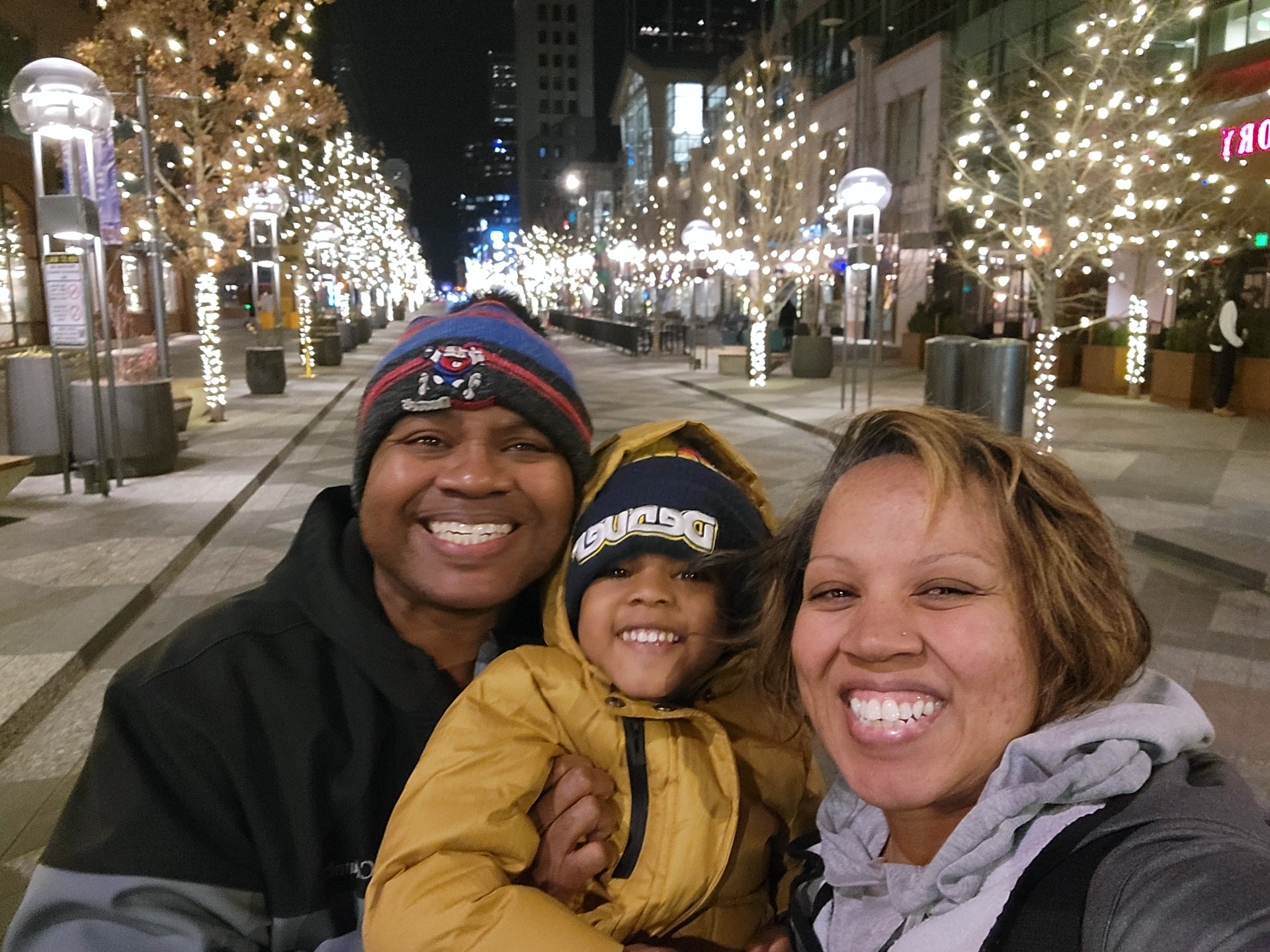I was sitting with my family in the studio waiting for our portrait sitting. Everything was running late and I had to be somewhere in barely an hour. The room was filled with people, and I silently blamed all of them as I watched the clock hands creep toward my deadline.
I tried to put on a calm face, but it didn’t work. My smile was tight. I couldn’t sit and chat. Inside, I seethed. As I glanced around the room, I didn’t see my friends and neighbors; I saw only reasons for why we could not get our session done.
There was the family who had taken more than their allotted time. The couple who had come on the wrong day and had been “fit in.” There was another couple waiting ahead of us, who the photographer had not called, yet (and somehow that was their fault). And then there was the woman at the sign-in table, who was greeting each newcomer as if all was well.
I spewed inside. I knew there was nothing lovely about my attitude, but I could not shake my funk. Finally, we were called back, our pictures were taken, and I rushed out to my meeting.
That night, as I laid in the dark, listening to my husband’s quiet breathing, I examined my reaction again. What had happened? Yes, things had gotten out of hand. Yes, I had needed to get to my meeting. But what exactly was the hardness inside that had kept me from even a hint of kindness? I had missed an hour worth of opportunities to greet friends and chat, and I had exchanged it for a harshness that I couldn’t quite place.
Then, with a nudge from the Spirit, it came to me. A thought rose in my mind: contempt.
I was shocked, but I also knew it was the truth. How I had behaved that evening had gone well beyond anger or frustration. It was contempt.
No one wishes to realize that his or her heart has become saturated with contempt, but mine had, and unfortunately, it seems that our culture has, too. While we smile on our Instagram feeds and pepper our friends’ walls with likes and retweets, our hearts are poisoned by contemptuous thoughts.
Sound too harsh? Sadly, it isn’t.
Contempt is more than a critical or judgmental spirit. It is an attitude that goes beyond thinking you are better than someone else. Contempt is a crushingly negative view of another person. Contempt is when we look at another person as if she is nothing. In our hearts, we are convinced that person or that group has no worth, no value at all. Contempt points at someone and says, “She is a zero.”
The longer I considered the ugliness of contempt, the more easily I recognized it in myself. I had looked around a room full of people who I know and enjoy, and I had despised them. In my frustration, I had devalued them. I didn’t just discount them; I didn’t count them at all. I was worthy; they were worthless. My goal was important; their presence was of no value at all.
I had let contempt settle into my heart, but I was grateful that I could see it for what it was. Gradually, I have become more aware of how subtle contempt can be. I have recognized it more in myself and I am working to let the Holy Spirit erase it from my heart.
First, I have to confess it. Every. Single. Time. It cannot be glossed over or excused. Not even toward an exhusband or that PTO mom or that nameless someone on the other end of the political spectrum. Contempt cannot be harbored at all if you want to be rid of it.
Second, I have to keep a proper view of God. He is worthy of all praise. He made every human with innate value and worth. When I allow contempt to grow toward another person, I am snubbing my nose, not at that person, but at the God who created him or her. Contempt is a charge against God, a prideful challenge against his authority as creator.
Third, I have to challenge my own thinking. I have to move among those who I would treat with contempt and get to know them. Working, living or serving with other people is the surest way to undercut the power that contempt has in my life. The more I see those I’ve viewed as “worthless” as real people, full of life, love and longing, the harder it will be to treat them as nothing.
When we work through these three steps, contempt will lose its power in the light of truth and love. Perhaps beginning this when we find ourselves sitting in the next waiting room for an appointment, is the best place for us to start.
Shannah Hogue is a writer, teacher, and passionate storyteller. She lives in a big blue house in the middle of nowhere with her husband and four kids. You can engage with her online at shannahhogue.com.





